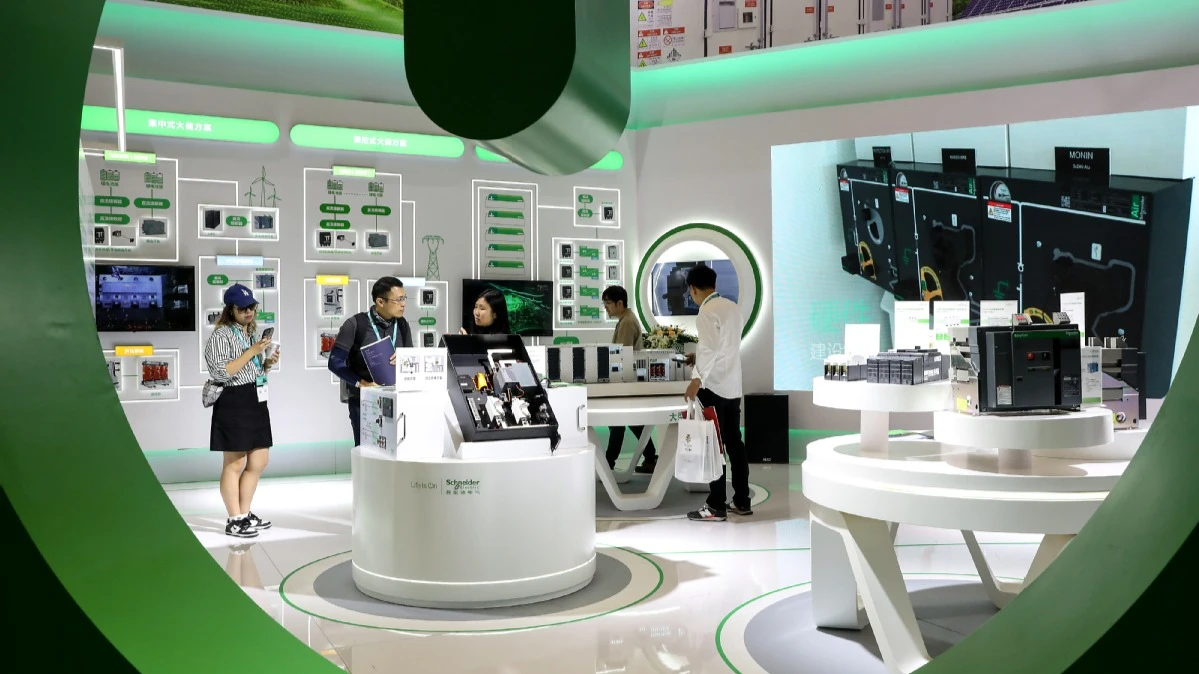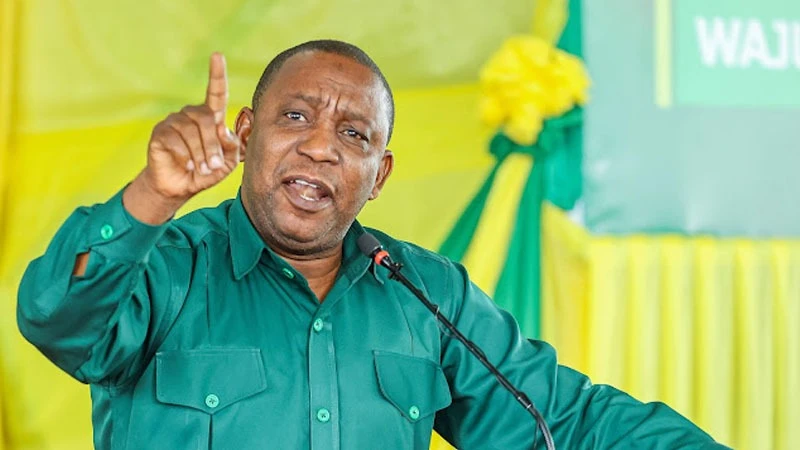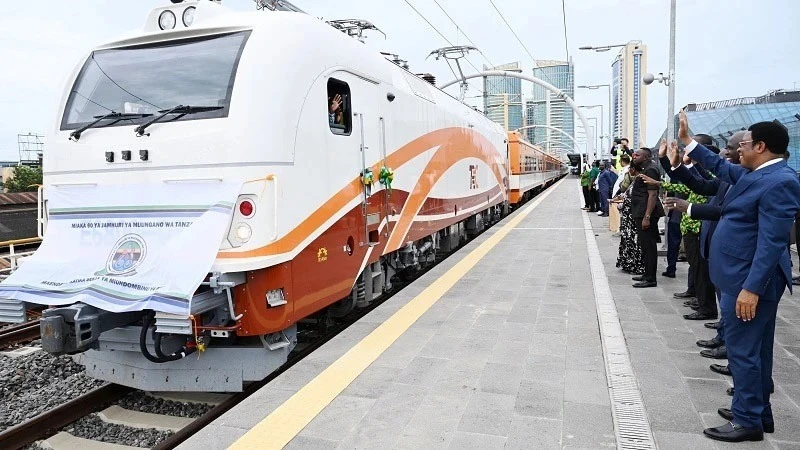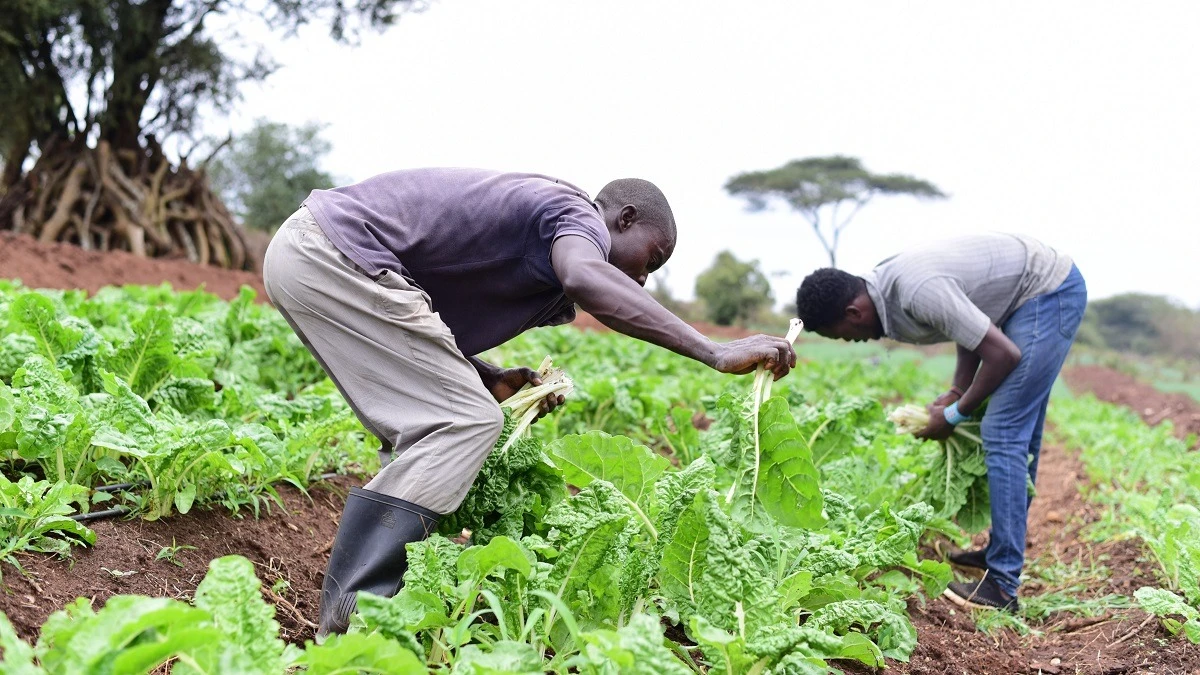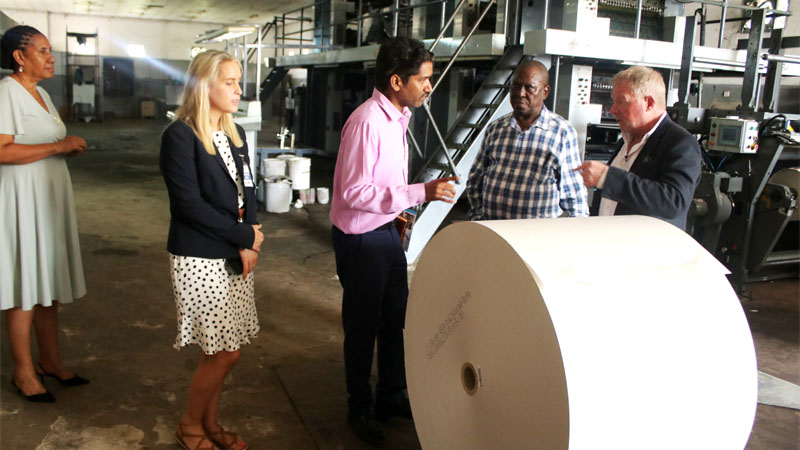CNG shift: Stakeholders faulting introducing levy
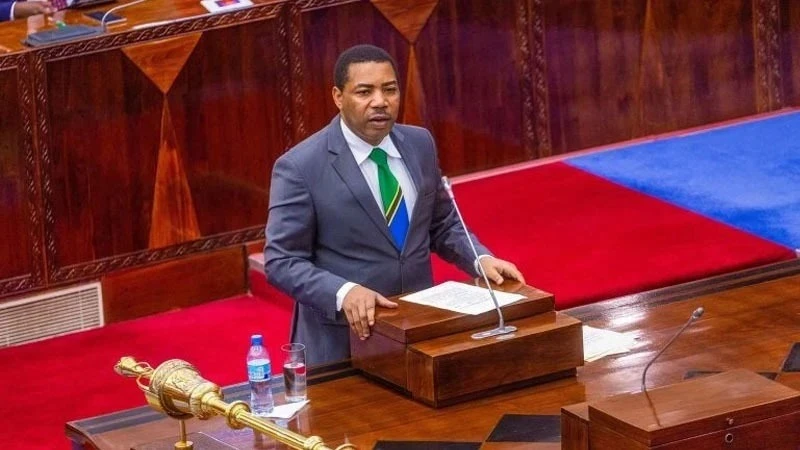
MOTOR vehicle operators have raised concern over the government’s plan to levy compressed natural gas (CNG) used in motor vehicles, saying that the move will frustrate efforts to shift from petrol and diesel as fuel.
In separate interviews over the weekend, a number of drivers faulted the move saying that it will increase costs for users. Vehicle conversion expenses to adapt to gas use costs $800 (2m/-) per vehicle, ‘which is still a challenge to many,’ they said, seeing the levy as worsening costs of adapting to gas.
When tabling the 49.35trn/- central government budget for fiscal 2024/25 Finance minister Dr Mwigulu Nchemba proposed amending the Road and Fuels Tolls Act, CAP 220 to charge 382/- per kilogramme of CNG used in motor vehicles.
The measure is intended to increase government revenue for roads repair and maintenance, plus pushing for equity with vehicles using petroleum fuels in contributing to road maintenance and repairs, he said.
Christian Oswald, tricycle rider, said he was shocked to hear the move, thinking that it would deter people from converting their vehicles to using gas as there are costs to conversion.
“The government knows how costly it is to convert petrol or diesel-fuelled vehicles to natural gas but it has decided to make things even harder,” he said.
Miraji Salum, a car driver said that as CNG is locally produced no tax introduction to its use was needed as it will have an impact on the rate of conversion from petroleum products to natural gas.
This is not good in the face of major efforts invested by the government and development partners to transform the public view to adopting natural gas, he said, wondering what happens to petrol-diesel stations being built at a hectic pace.
Regani Munisi, a youth employed in connecting CNG systems in motor vehicles, said the move may snag the gas industry and e-mobility efforts.
Young people employed in the industry will also feel the challenge on account of customers, he said, underlining that the government has lately invested a lot of efforts to encourage the public to convert vehicles to natural gas use.
“This gave us huge hopes, attracting us to enter into the business, but with this move, I am sure that the pace for motorists shifting to gas will slow down,” he said.
Yustin Mwalima, an environmental stakeholder said encouraging vehicle owners to convert to gas saves costs, promote the economy and helps fight pollution, as petrol, diesel are notorious for greenhouse gas emissions.
He urged the government to ensure that it focuses on creating supportive measures to attract more to convert their vehicles to natural gas.
He urged the government to favour green policies benefiting local industries to manufacture or assemble natural gas vehicles, quality spare parts, building enough CNG filling stations and a well-connected natural gas distribution infrastructure.
He referred to reports show that about 5000 vehicles have converted to gas at the moment, noting that the number is still too low. Nigeria, South Africa and Egypt have already mostly aligned the use of natural gas vehicles in energy policies, he added.
Top Headlines
© 2024 IPPMEDIA.COM. ALL RIGHTS RESERVED








